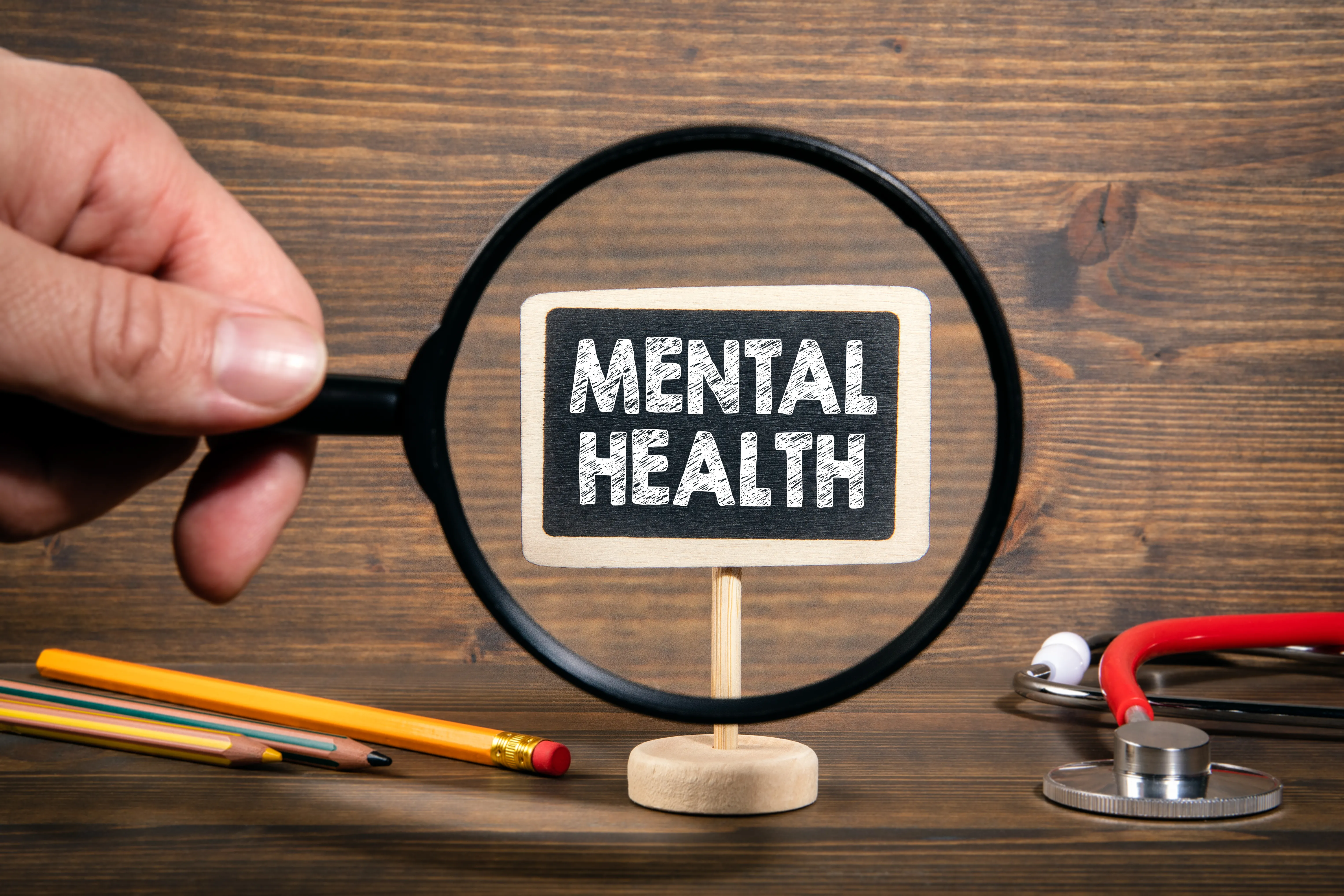What To Do During A Mental Health Crisis
There are three major emergencies in mental health:
- Thoughts and/or urges of taking one’s own life and having a plan to do so.
- Thoughts and/or urges of taking another person’s life or committing harm to others, such as being violent and aggressive.
- When mental health symptoms have worsened and a person is unable to care for themselves.*
If any of the above describes your loved one, please bring them to a local emergency department.
Ideally we want our loved ones to desire help and to seek it on their own. However, some mental illnesses can impact a person’s ability to make sound health care decisions. In these situations, loved ones often need to help make the connection to treatment. In Chesapeake, Virginia, if your loved one is having a mental health emergency but refuses to come willingly to an emergency department, consider going to your local magistrate’s office to petition for an Emergency Custody Order (ECO). The order, if granted, will initiate local police to bring the individual to an emergency department for an evaluation. For more information about the process, please see the NAMI guide: Guide-to-Psychiatric-Crisis-and-Civil-Commitment-Process.pdf (nami.org)
What to Expect in the Emergency Department During A Mental Health Crisis.
Upon arrival at Chesapeake Regional Healthcare, mental health patients will go through the initial triage and registration process similar to other patients. They are given paper scrubs to wear, rather than a gown. Personal belongings are temporarily stored in a locked space for safety purposes, but are returned when the patient is discharged or transferred.
Once settled in scrubs, patients will be seen by an Emergency Department provider for an evaluation and further testing. Blood and urine lab work are necessary to ensure that a medical condition isn’t contributing to the mental health emergency.
Patients typically have a chance to talk with a mental health crisis clinician who will help decide, if possible, what level of care is needed to help resolve the crisis. If the clinician suggests outpatient care, they will assist in providing resources to get you started with services. If in-patient hospitalization is identified as the best plan, then the mental health crisis clinician will assist with locating a facility and arranging transportation.
Sometimes an individual has severe symptoms that require hospitalization, but they are not willing to receive treatment. When this situation occurs, a court order for involuntary hospitalization may be pursued to ensure the safety of the individual. Unfortunately, space in inpatient hospitals, whether going voluntarily or involuntarily, can take some time to locate. Individuals could wait in the Emergency Department as long as a full day or more before a facility is located.
What about patients with dementia?
Because an admission will not resolve dementia, we refer these patients and caregivers to social workers who can help them pursue around-the-clock care on a long-term basis.
Even if it isn’t an emergency, seek help.
If you have concerns about your mental health, your feelings are valid. Help is available. Let your primary care physician know you are interested -- or use a search engine like PsychologyToday or TherapyDen to help locate a mental health provider near you. If you live in Chesapeake, you can obtain low-cost services through Chesapeake Integrated Behavioral Healthcare (CIBH), where no one is denied service due to an inability to pay. CIBH can also help connect you to the Patient Assistance Program (PAP). For more information, visit their website: https://www.cityofchesapeake.net/1367/Mental-Health. If you are having thoughts of suicide, wanting to actively end your distress, please go to your local emergency department and/or call 988.
*This is evident when a person is no longer performing daily tasks such as eating, showering, brushing teeth, or taking efforts to be clothed, sheltered or obtaining needed medical care. They might also be unable to protect themselves from harm, such as making decisions that put their health or safety at risk (e.g., walking down the middle of a busy street). The inability to care for oneself often happens when a person cannot tell what is real from what is not real, a condition called psychosis.

Traci Richards, Ph.D. is a Licensed Professional Counselor in the state of Virginia. She is responsible for the Behavioral Health programs at Chesapeake Regional Medical Center and also serves as an adjunct professor for Old Dominion University’s graduate counseling program. Dr. Richards has worked in various mental health settings, including private practice, and has extensive experience working with a broad range of mental health issues across the lifespan.